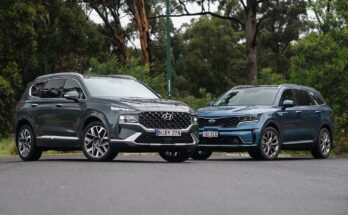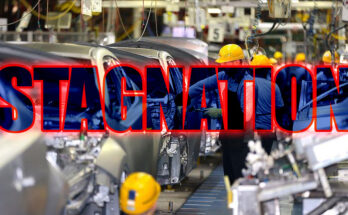Euro 7 standards are expected to be announced this year as Europe moves towards achieving its Green Deal environmental goals. The new standards once finalized, will officially be enforced from 2025.
Many hope Euro 7 will speed up the elimination of vehicle air pollutants from roads in the EU, marking a turning point for residents’ lives. The European activists firmly believe clean air is a basic consumer right. According to Panagiota Dilara, team leader of clean vehicles at DG GROW, who is also leading the EU Commission team in charge of drafting the Euro 7 proposal, says:
“We need to make sure that the legislation that we are putting together safeguards clean air and the health of the citizens while, on the other hand, providing a stable and clear regulatory framework for the industry, combined with a good compliance mechanism.”
Each year, 400,000 people in Europe die premature death because of the air they breathe, the European Environmental Agency says. Euro 7 is considered a crucial measure to tackle that problem. With the EU aiming to phase out all fossil-fueled vehicles sales by 2035, cars and vans will need to continue to be as clean as possible, Dilara remarks:
“Even though sales might stop in 2035, cars will remain on the streets for another 10 to 15 years and will continue to pollute, therefore we need to act now.”
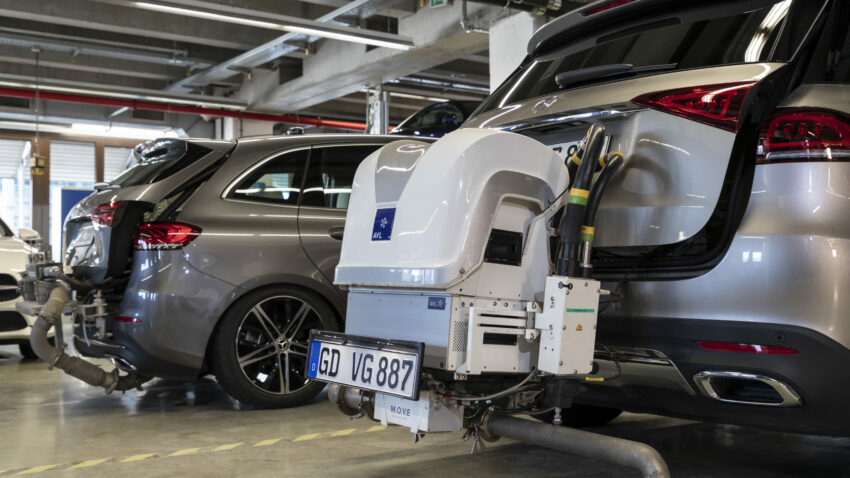
Euro 7 is expected to impose more stringent testing and measurement conditions for vehicles; add non-exhaust factors such as wear-and-tear from breaks and tires to the list of air pollutants; and toughen particle filter standards. Many see Euro 7 standards pushing the automakers to the limit of technological possibilities and might bring an end to naturally aspirated internal combustion engines. The reason is that it will be tricky for automakers to still make a profit after tweaking the petrol and diesel engines to make them comply with regulations. The same holds true for high-performance cars with their typically petrol-guzzling engines.
Related: Blame Where the Blame Is Due
How will Euro 7 change engines? According to proposals made by the European Commission’s Consortium for Ultra Low Vehicle Emissions (Clove), cars could be fitted with a multi-stage “supercatalyst.” The same publication looked at the documents and found out that petrol-fueled cars could get a heated electric catalyst, dual three-way catalysts, a particulate filter, and an ammonia slip catalyst.
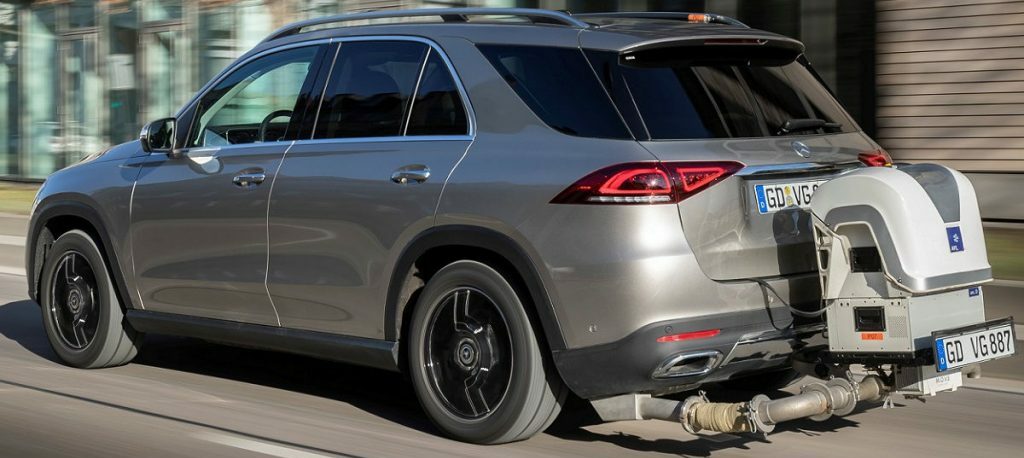
Not only that, but Euro 7-compliant cars might feature a diagnostics system built into the car’s computers to analyze the engine at all times and make sure it meets emissions for up to 240,000 kilometers. It all sounds quite expensive to implement, which is exactly why automakers see it as another nail in the internal combustion engine’s coffin, effectively forcing them to accelerate the switch to electric vehicles which will keep the profit margins alive.
Related: Daihatsu Announces to Go All Electric by 2030
Several brands have already announced plans to transition to an all-electric lineup by the end of the decade, including Jaguar (2025), Opel (2028), Ford of Europe (2030), Peugeot (2030), Volvo (2030), Bentley (2030) and others.
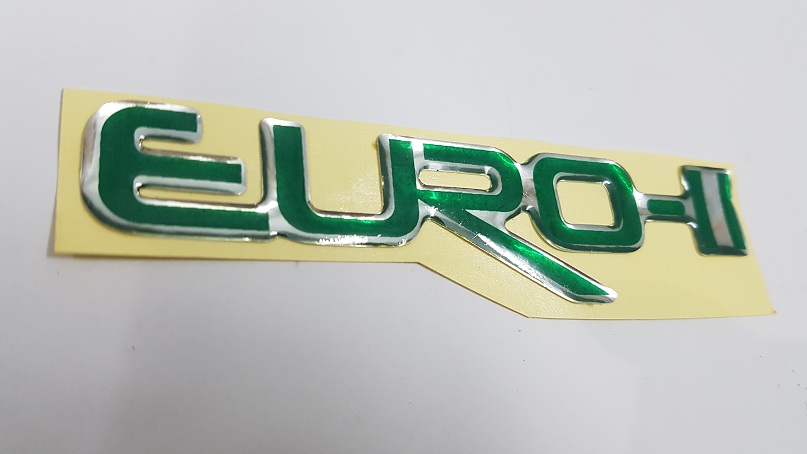
However, while the world is getting closer to embracing Euro 7 & electrification, we are yet to get rid of the Euro 2 standards. Pakistan just like other fields of technology is lagging far behind in fields of fuel & emissions as Euro 2 standards are still enforced in the country when the world has gone way ahead.
Related: 8 Years of Euro-2 in Pakistan
In late 2011, the government of Pakistan directed all automobile companies and relevant industries to shift to Euro-2 technology by July 2012, not to mention these standards became obsolete in the year 2000 so we are technically more than 22 years behind the world when it comes to enforcing emission standards.
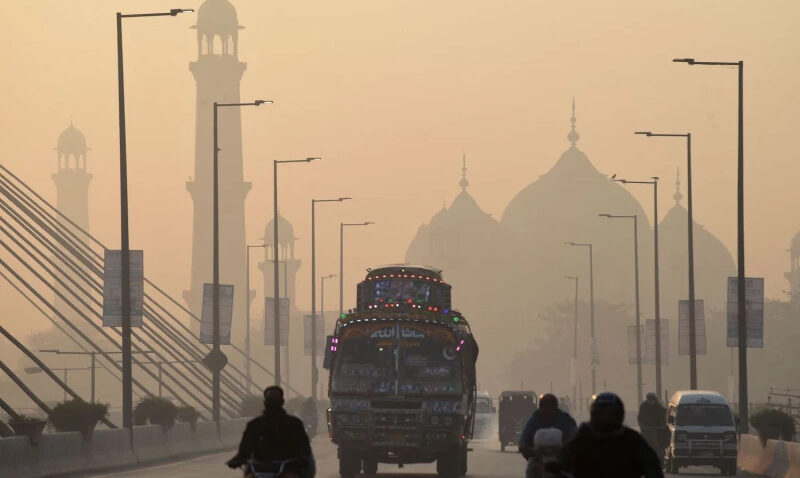
We are deeply troubled by smog & other environmental challenges due to which the government in 2020 decided to shift petrol and diesel from Euro-2 to higher quality Euro-5. The standards for petrol were enforced from the 1st of August 2020, whereas diesel standards were uplifted from January 2021. However local auto industry had sought 2 years to switch over to Euro-5 fuel or discontinue existing models under production in the country that doesn’t meet the said criteria. According to one of the top Japanese car assembling companies, Pakistan’s regulatory emission requirements under SRO 72(KE) of May 16, 2009, is equivalent to Euro-2 which provided two years for the automotive industry to change over from Euro Zero to Euro-2.
Related: Will Switching to Euro-5 Solve Pakistan’s Environmental Problems?
Interestingly the 2-year condition will conclude in August 2022 and it is yet to be seen whether the government will enforce any sort of restrictions on the sale of obsolete Euro-2 standard vehicles (including two-, three- and four-wheelers) in the country or not.


A computer animation professional with over 23 years of industry experience having served in leading organizations, TV channels & production facilities in Pakistan. An avid car enthusiast and petrolhead with an affection to deliver quality content to help shape opinions. Formerly written for PakWheels as well as major publications including Dawn. Founder of CarSpiritPK.com

